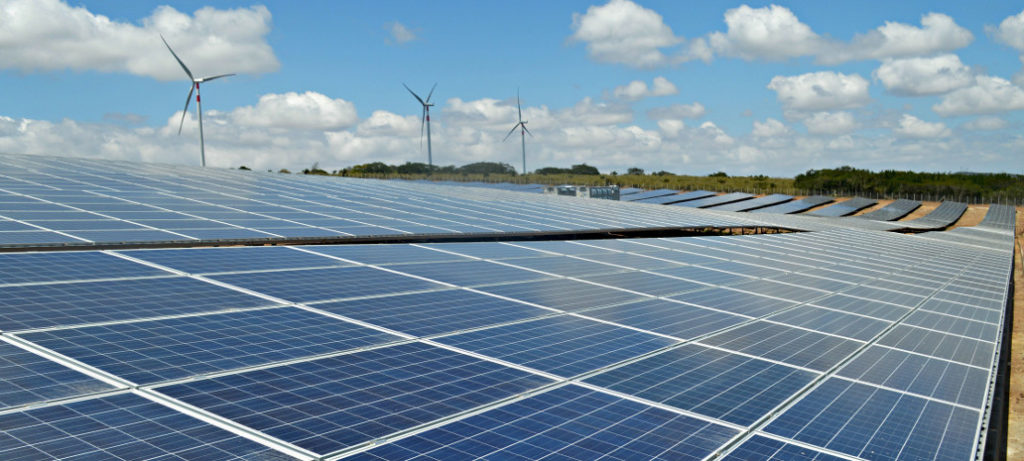Indian renewable projects need a specialised framework for risk assessment as these face unique challenges against the general belief that defaults are triggered mainly by revenue underperformance—according to a report by India Ratings and Research (Ind-Ra).
The Ind-Ra report highlights the key risks faced by renewable projects and proposes a framework of solutions to address these risks in a targeted manner.
Solar power generations are in line with the agency’s expectations and have enabled the developers to access international capital markets timely.
Contrarily, wind projects displayed variation in performance and had muted access to markets. Counterparty behaviour unpredictability and loose ends in debt structures have become a significant chasm for the renewable space.
The Ind-Ra report also compares the generation experience of Indian renewable projects in its portfolio to Fitch’s vast experience internationally, thereby providing an overall sense on quality of resource assessment in India vis-à-vis its international counterparts.
Risk mitigation
The report highlights that while stress in the renewable sector can only be averted if long-term viability of the project is intact, prevention of default due to issues temporary in nature is also the need of the hour, given the political, counterparty behaviour and revenue-related risks.
Ind-Ra believes that renewable assets are most suitable for long-term debt investments, on including appropriate mitigation measures in debt structures.
Technology related risks like more-than-projected degradation of solar modules or derating of wind turbines are also the risks which cannot be overlooked over long term and financing structures need to anticipate and build in enough buffers to address the same.
Overall the framework gives a definitive assessment of all kinds of risks being faced by Indian renewable projects and coordinated efforts by all stakeholders including project developers, investors, lenders, offtakers and regulators is required to reach the capacity target of 175GW by FY22 and 450 GW in a longer timeframe.
This content is protected by copyright and may not be reused. If you want to cooperate with us and would like to reuse some of our content, please contact: editors@pv-magazine.com.









By submitting this form you agree to pv magazine using your data for the purposes of publishing your comment.
Your personal data will only be disclosed or otherwise transmitted to third parties for the purposes of spam filtering or if this is necessary for technical maintenance of the website. Any other transfer to third parties will not take place unless this is justified on the basis of applicable data protection regulations or if pv magazine is legally obliged to do so.
You may revoke this consent at any time with effect for the future, in which case your personal data will be deleted immediately. Otherwise, your data will be deleted if pv magazine has processed your request or the purpose of data storage is fulfilled.
Further information on data privacy can be found in our Data Protection Policy.